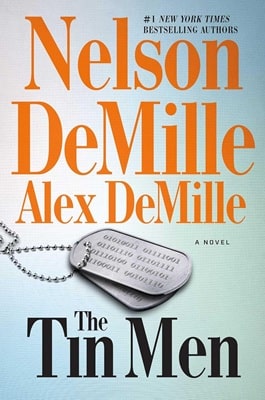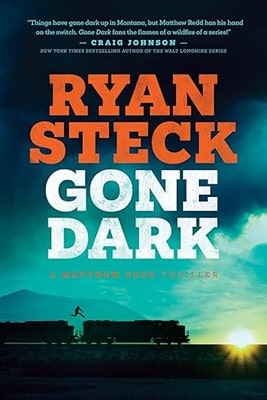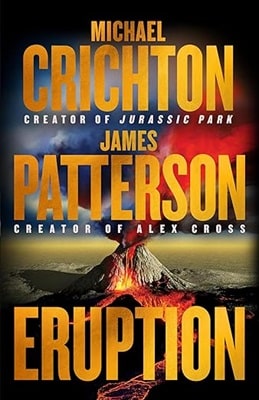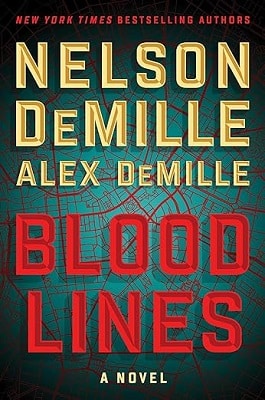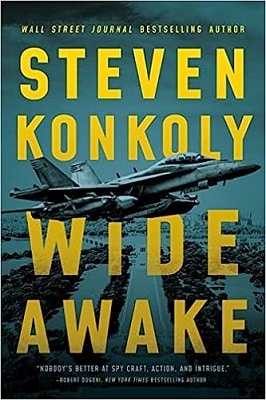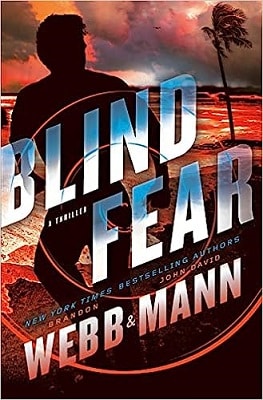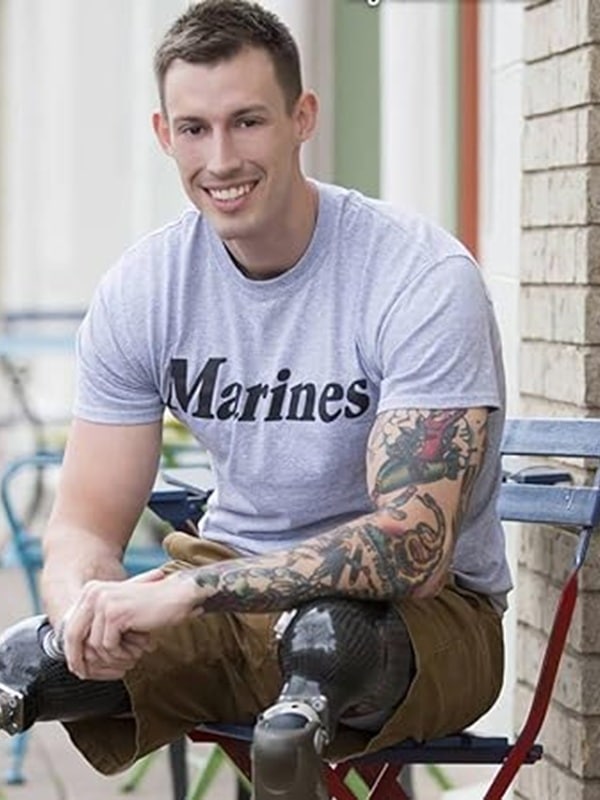
Combat-wounded Staff Sergeant (Ret.) Johnny “Joey” Jones turned a traumatic, life-changing disability into a personal mission to improve the lives of all veterans. Known to his friends as “Triple J,” Jones was raised in Dalton, GA and enlisted in the Marine Corps after high school. During his eight years of service, he worked as an Explosive Ordnance Disposal (bomb) Technician, deploying to both Iraq and Afghanistan on separate tours. During his last deployment to Afghanistan, Jones was responsible for disarming and destroying 80+ improvised explosive devices (IEDs) and thousands of pounds of other unknown bulk explosives.
Q: Were you influenced by Profiles in Courage by John F. Kennedy?
Joey Jones: I read it in college. I can’t say I was thinking about it when I wrote this book, but there are always experiences in our lives that influence us, even if we don’t realize it. The book before this, Unbroken Bonds of Battle, was in a similar style. I thought about ten people I knew—nine service members and one Gold Star wife—and wrote about them. After that, I wanted to write a great book for first responders. The inspiration for this book came from the people in my life. I wanted to choose people from towns all over the country, not just in New York.
Q: How did you choose these people?
Joey: I knew them personally. They have amazing stories and come from smaller towns, not big cities.
Q: How would you define a first responder?
Joey: For this book, we didn’t restrict it to the traditional definition. The point was to give the same reverence people have for the military to those who keep us safe—police officers, firefighters, game wardens, border patrol, search and rescue. We wanted to extend the first responder title to all who protect people on the home front.
Q: What do you want to say about game wardens?
Joey: They serve in the parks, but they also save people—those who are lost, attacked by bears, or even attacked by other people. In Texas, a young woman was killed on a jet ski, and it was a game warden who led the investigation.
Q: I want to ask about a few examples from the book. What about Tundra the dog?
Joey: Jeremy, her handler, makes it clear that Tundra was the star of the show. She helped him cope with trauma and brought positivity into a dark time. At the time he got her, Jeremy was a diver who had never found anyone alive. Tundra gave him purpose and turned them into a successful search and rescue team.
Q: There’s a quote in the book: one of the largest killers of public safety professionals is suicide. Please explain.
Joey: They deal with depression, anxiety, and the ongoing stress that comes from traumatic experiences. Suicide often results from emotional and psychological despair. First responders face emotional trauma daily, and it can push anyone to the brink.
We’ve spent over twenty years having a national conversation about mental health for military veterans. There are government departments, national nonprofits, VA care, free meals at restaurants. But for first responders—who go to war every day with freak accidents and evil acts—their hometown is their battlefield. They don’t get that same support.
After they clock out, they drive past the site of their trauma. The psychological burden is constant. There’s no major nonprofit or federal agency in charge of their mental health. First responders rely on grassroots efforts and each other to keep going.
Q: One gripping story was the Baltimore County SWAT situation involving a police officer. Can you explain?
Joey: There are three stories in this book where the police officer is the bad guy. This could’ve been a true crime episode. There’s Katelyn Kotfila’s story—her best friend, a police officer, was murdered by her boyfriend, also a police officer. Jeremy Judd was the only game warden in Maine who had to use his gun in the line of duty—against a police officer who pointed a weapon at him.
And then there’s the Baltimore County SWAT story about Tommy Wehrle, which was a case of suicide by cop. I included these stories to show that while there are bad actors in these jobs, the tens of thousands of others are true heroes.
There’s a quote I use: “Sometimes you need to take a life to save another.” That comes from my time in the military. We didn’t go out to kill—we went to stay alive and protect our brothers. If killing was necessary, it was part of that duty. The stories in this book show that deadly force was only used when absolutely necessary. First responders carry a burden of responsibility—not a power trip.
Q: What about the chapter on Border Patrol?
Joey: A large portion of the Border Patrol is Hispanic. It’s laughable that they’re labeled as racist. They don’t know who is crossing the border—there are so many different ethnicities.
Vincent Vargas, a Border Patrol agent in the book, doesn’t even speak Spanish. He was raised in Southern California by two Hispanic parents who immigrated to the U.S. He saw those he rescued as human beings—but not Americans. His job was to protect Americans.
The point is, Border Patrol agents can have allegiance to a country without hating those trying to cross the border. People crossing illegally are still hurting the country. Vincent wrestles with that tension—his duty to protect and his humanity. One does not cancel out the other.
Q: Can you explain bravery versus courage?
Joey: I use this comparison often: A house is on fire, and someone says a child is inside. A brave person might run in to save the child. A courageous person knows exactly what the fire can do—all the risks—and still goes in.
Courage comes with awareness. It’s not blind. Heroes run into danger not because they’re unaware, but because they accept the risk and do it anyway—again and again.
Q: What do all the first responders in the book have in common?
Joey: A natural skill for making decisions under pressure. But more than that, they willingly sacrifice their own peace of mind to protect others. Each of them decided that the emotional cost was worth it—because the mission of keeping people safe is worth it.
Q: Do you want to address the fact that some Americans consider first responders the enemy?
Joey: I address this in the book’s opening chapter, when I talk about Colin Kaepernick. Protesters in the street yelled “all cops are bad,” and politicians were calling to defund the police. I think we’re on the back end of that now.
Q: What do you want readers to take away from the book?
Joey: People live with a sense of entitlement that they will be safe. They don’t think twice—just assume someone in uniform will show up when needed.
But first responders live with full responsibility—not just to protect their own families, but everyone else’s too. That pressure is enormous.
To understand what they go through, imagine watching a graphic movie scene and turning your head. Now imagine that is your job—seeing it, cleaning it up, handling it with dignity. That’s the life of a first responder. We should all be grateful.
Behind The Badge by Johnny Joey Jones is a look at first responders. It is a collection of the different professions of first responders showing readers in their own words the triumph, tragedy, success, and failures of what they must endure each day.
Jones provides military analysis across all Fox News media platforms, including Fox News Channel and Fox Business Network. A Marine Corps veteran who reached the rank of staff sergeant, Jones suffered a life-changing injury in Afghanistan, resulting in the loss of both of his legs above the knee. Since his recovery, he has dedicated himself to improving the lives of all veterans and their families but that has been extended to wanting to improve the lives of the first responders.
The book has memorable stories of dramatic rescues, heartbreaking losses and incredible acts of courage. These men and women are heroes on the home front. He delves deep into what drives these brave men and women, offering an intimate look at their personal and professional lives. Below is the interview with Jones.
Behind the Badge will leave readers transfixed and inspired. They will realize that these first responders are true heroes who will keep them safe.

